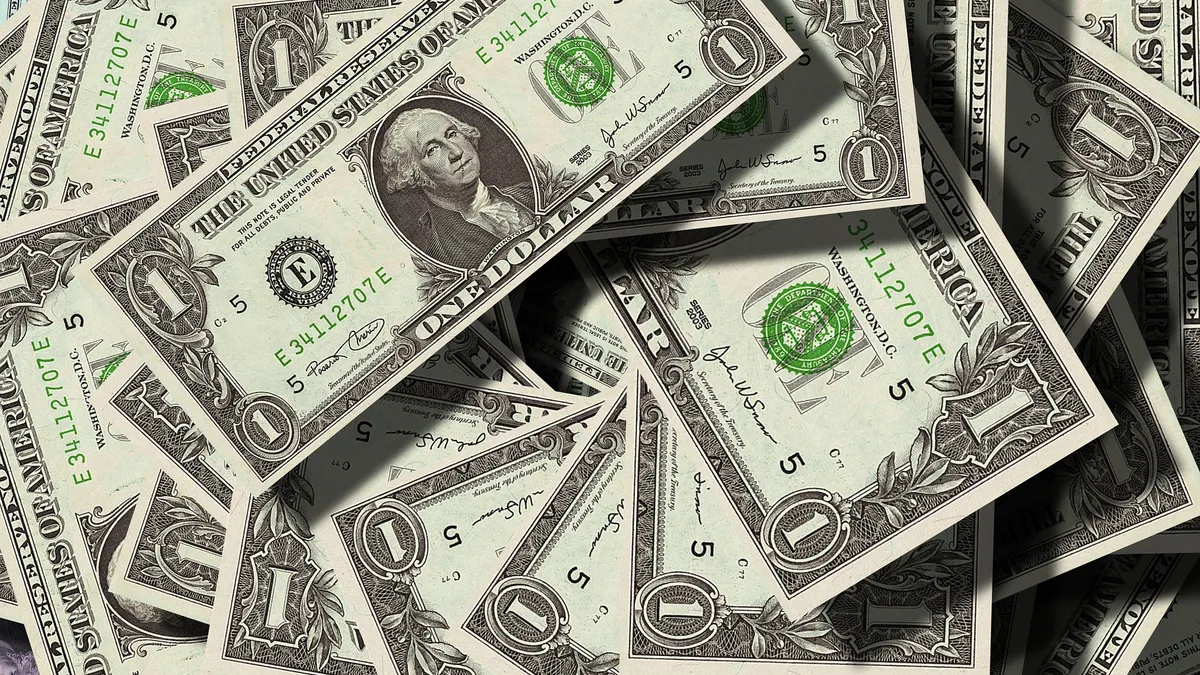Dive Brief:
- Student loan giant Sallie Mae discontinued new personal loan originations less than two years after beginning to accept them, it said last week during its quarterly earnings call, opting to focus on core strategic priorities.
- Separately, the company said it plans to sell off $3 billion in student loans this year and use the proceeds to buy back $600 million of its stock. The buyback should offset the effect of a new accounting standard that Sallie Mae warned would force the company to triple the reserves it sets aside to cover loan losses.
- The company has had a recent history of expanding its suite of financial products. Sallie Mae in October launched a trio of cash-back credit cards it said was aimed at promoting financial responsibility among students and recent graduates with loan debt. But critics said the lender may be taking advantage of a borrower base that banks abandoned following the CARD Act of 2009.
Dive Insight:
Sallie Mae originated and acquired more than $1.6 billion in personal loans in the past two years, the company said. When Sallie Mae first pursued personal loans in 2018, they seemed like a logical extension of the company’s student loan business because both are unsecured consumer debt. "We do believe that we have all the requisite skills to underwrite, service and collect personal loans," Sallie Mae CEO Raymond Quinlan said in July 2018.
But Quinlan reversed course Thursday, saying, "We accomplished what we wanted to … which was to successfully introduce a second product with the opportunity for revenue increases."
Sallie Mae isn’t the only financial institution to pump the brakes on personal loans. Goldman Sachs disclosed this month that it drastically reduced its own personal loan originations during the Apple Card rollout last year.
The connection from the stock selloff and the personal loan exit to the new current expected credit loss (CECL) accounting standard appears unclear. Sanjay Sakhrani, managing director at Keefe Bruyette & Woods, told Bloomberg Law the stock selloff is "masking the effect of CECL." But Quinlan on Thursday insisted selling the loans had "nothing to do with CECL."
"There was no reason to get those assets off the books," he said. "They were just profitable."
The CECL standard means to make financial institutions foresee potential losses before loans sour rather than waiting until customers miss payments.
Because student loans can last for decades, there’s a greater chance for complications to arise. "Student loans are disproportionately impacted by CECL," Paul Noring, managing director at Berkeley Research Group, told Bloomberg Law.
But because student loans are considered "good debt," they’re seen as less risky in terms of credit performance.
Sallie Mae’s personal loan portfolio stood at about $1 billion as 2019 ended, the company reported. That’s about 5% of the value of its student loan portfolio. Quinlan said the company will hold onto its existing portfolio but doesn’t intend to restart personal loan originations. About 2.4% of Sallie Mae’s personal loans that were in repayment at the end of 2019 are classified as delinquent, American Banker reported.














